5 ways to improve early literacy
with professional learning
Effective early-literacy education involves managing a host of new skill sets for students: language comprehension, decoding, fluency, and reading comprehension. All that, while also trying to achieve grade-level standards with students who can be apprehensive and need extra attention, care, and instruction as they learn a critical new skill set.
Whether via learning experiences like workshops or professional learning communities (PLCs), professional development can help educators better understand the data about their early readers, build an effective formative assessment practice, and get students excited about reading. Here are five ways that professional learning can increase instructional effectiveness in early literacy.
View briefTopics: Literacy
Products: Professional Learning
Related Topics
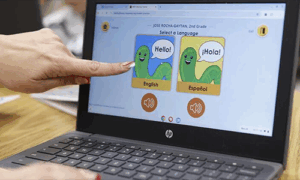
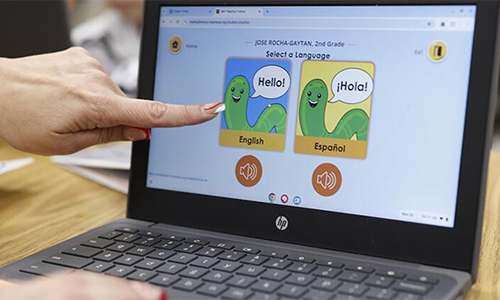
Case Study
Coach Maya in the classroom: How Laredo ISD transformed early literacy with AI-powered intervention
See how Laredo ISD reimagined their early literacy program by implementing MAP Reading Fluency with Coach. Daily sessions with Coach Maya, an AI-powered tutor, provided personalized reading support for K–2 students, leading to remarkable growth, increased confidence, and more time for targeted instruction.
Topics: Assessment, Early learning, Instructional strategies, Literacy
Products: MAP Reading Fluency
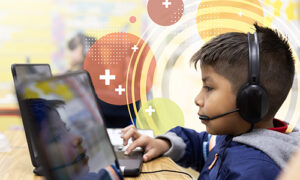
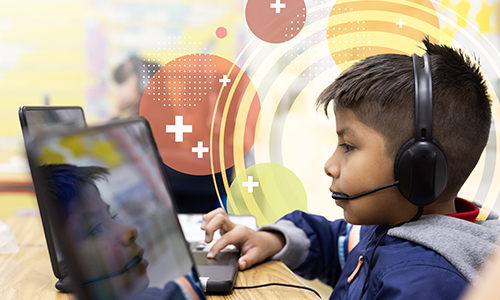
Brochure
MAP Reading Fluency with Coach MTSS Brochure
Learn how MAP Reading Fluency with Coach drives MTSS frameworks in districts to help students grow.
Topics: Early learning, Instructional strategies, Literacy
Products: MAP Reading Fluency
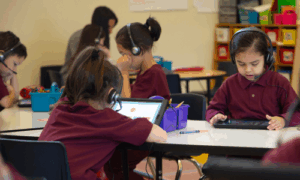
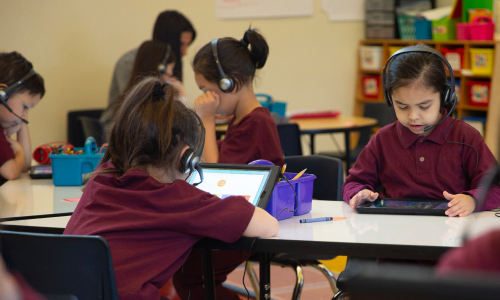
Webinar
How to improve dyslexia support with Houston ISD’s data-driven model
How can schools use assessment data to better support students with dyslexia? In honor of Dyslexia Awareness Month, this webinar spotlights how Houston ISD—one of the nation’s largest school systems—uses MAP Reading Fluency to identify students at risk, guide targeted interventions, and build reading fluency and comprehension.
Topics: Early learning, Insights & reports, Instructional strategies, Literacy
Products: MAP Reading Fluency

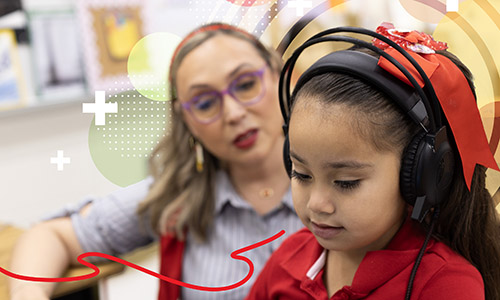
Brochure
Develop Fluent Readers with the Science of Reading
This brochure highlights how MAP Reading Fluency with Coach is grounded in the Science of Reading. It explores how the solution builds fluent readers through a research-based approach—strengthening foundational skills, comprehension, and oral reading practice personalized to each student. Educators gain actionable insights from granular data, supported by research-aligned professional learning workshops.
Topics: Early learning, Literacy, Science of reading
Products: MAP Reading Fluency
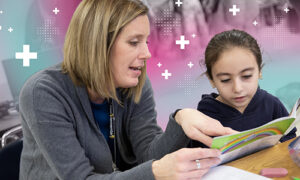
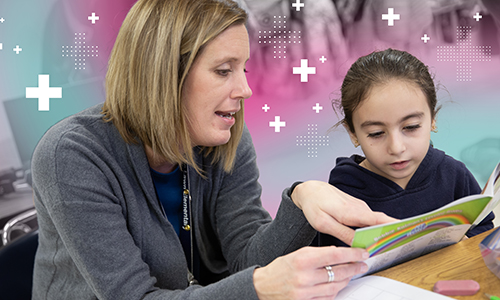
Brochure
Science of Reading Literacy Suite Professional Learning Overview
Learn effective and efficient routines for teaching word recognition and comprehension alongside any adopted curriculum, and discover practical resources to use in the classroom tomorrow.
Topics: Early learning, Instructional strategies, Literacy, Professional learning, Science of reading
Products: Professional Learning
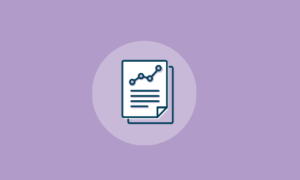
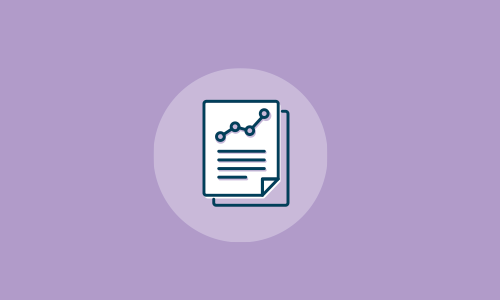
Fact Sheet
MAP Reading Fluency Leveraging Data to Build Fluent Reading Strategies
Learn how to analyze MAP Reading Fluency data to determine next steps to move students along in their literacy learning journey. Then explore key reading fluency lesson structures and instructional strategies to support students, while incorporating those learnings into lesson plans to optimize student outcomes.
This 6-hour session with two follow-up coaching sessions provides a deep understanding of both MAP Reading Fluency data and the strategies that will improve reading fluency skills for students. The two coaching sessions will provide opportunities for successful implementation and deeper learning to ensure that both teachers and students will benefit from these sessions.
Topics: Professional learning, Literacy
Products: MAP Reading Fluency, Professional Learning


Guide
Why (and how) to provide targeted practice for every early reader
Discover how deliberate, targeted practice—grounded in the science of reading—helps early readers build lasting skills and confidence, while giving teachers the tools to support every learner.
Topics: Early learning, Instructional strategies, Literacy
Products: MAP Reading Fluency